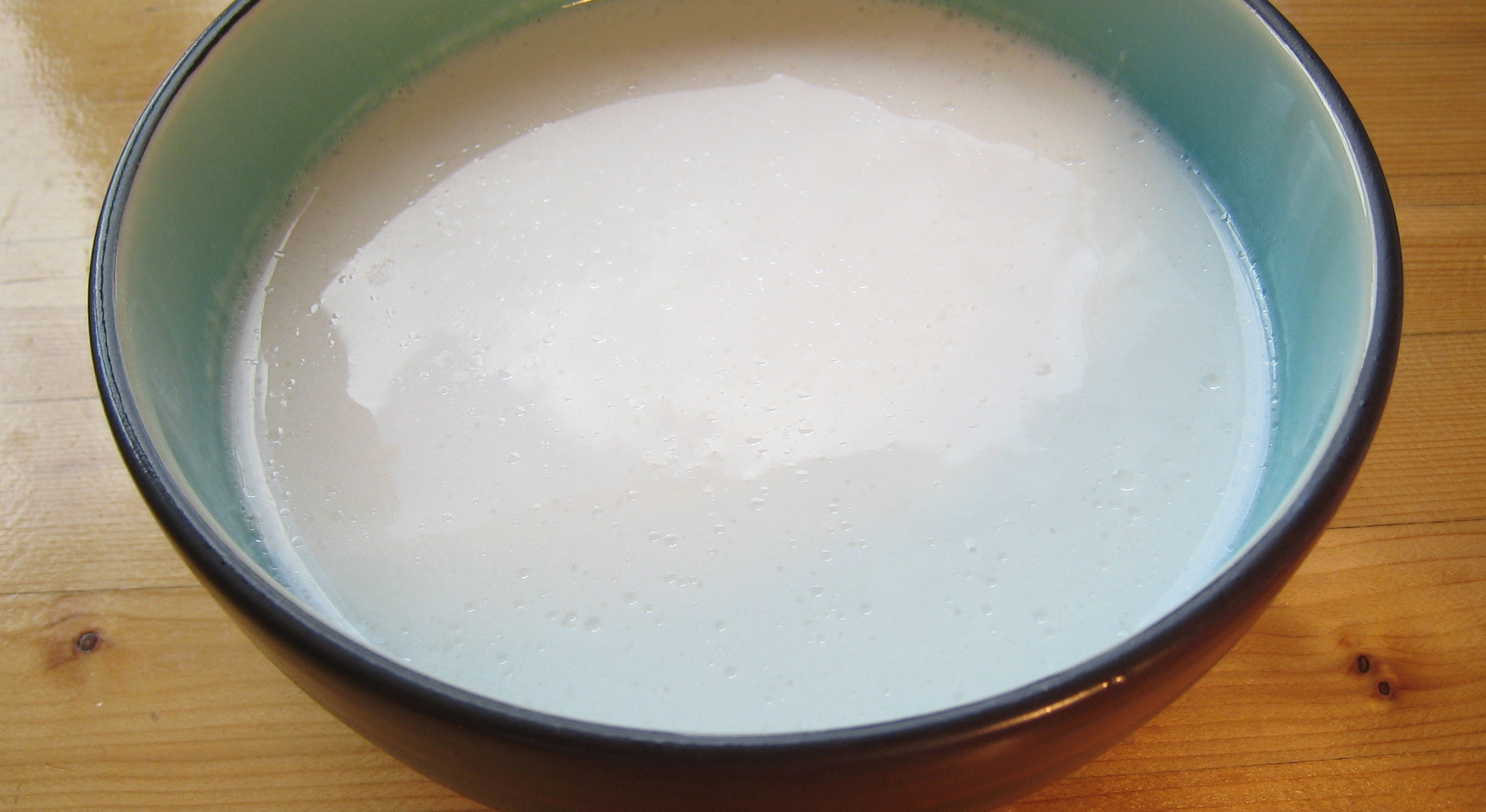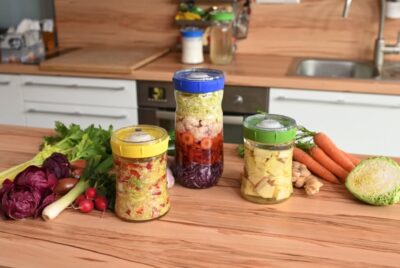Which is the best milk for milk kefir?

Whether you are a beginner in milk kefir making or just interested in broadening your possibilities in making it, it’s not uncommon to ask yourself: “What kind of milk should I use for milk kefir?” Is it necessary to prepare milk kefir with cow milk? What about goat or sheep milk or even non-animal milk?
Kefir makers often worry they will slow-down or even “kill” kefir grains if they use the wrong milk. It is a relevant thought since the gift of kefir grains is considered something special and valuable. When you get grains for someone, ask them what kind of milk they used because if there is a significant difference, grains might need some adjustment time.
What kind of milk you decide to use in preparation of kefir is in someway a personal preference because it may result in different texture, smell and thickness of kefir beverage.
The fermentation process in making of kefir removes lactose in milk because the kefir grains feed on it. Since some small amount of lactose still exist in kefir those with more sensitive gut may prefer a different kind of milk, like soy or nut milk.
Which is the best milk for milk kefir?
It’s hard to pick just one kind of milk and say: “This is the best!” It all depends on your taste, diet restrictions and preference. Here are some insights on thickness and taste of kefir from different kinds of milk.
- Cow milk is most commonly used for milk kefir making at home and also in commercial use. It’s recommended you use fresh raw milk or at least non-homogenized milk for kefir. The milk kefir you make from cow milk is thick and smooth.
- Goat milk is an alternative to cow milk and to some sources it makes the perfect quality milk kefir. The texture of goat kefir is not as thick as in kefir made of cow’s milk. That happens also due to a lesser amount of fat in goat milk.
- Sheep milk has more powerful smell than cow and goat milk. You can use it for making thicker milk kefir with a bit of sweetnes to it.
- Nut milk (almond, walnut, coconut milk) – You can use it for kefir making but take some consideration on ingredients and additional time for kefir grains to adjust (few batches). Make sure milk is organic and has no additives. Read tips on how to prepare coconut kefir.
If you rather use non-animal milk, note that it’s important you put kefir grains in animal milk every few days for a period of 24 hrs. This proces allows the grains to feed and revitalise.
As you can tell, I don’t have the answer which milk is the best. Nevertheless, I wish you best results in milk kefir making whichever milk you choose.
Get Kefirko kefir fermenter here.





